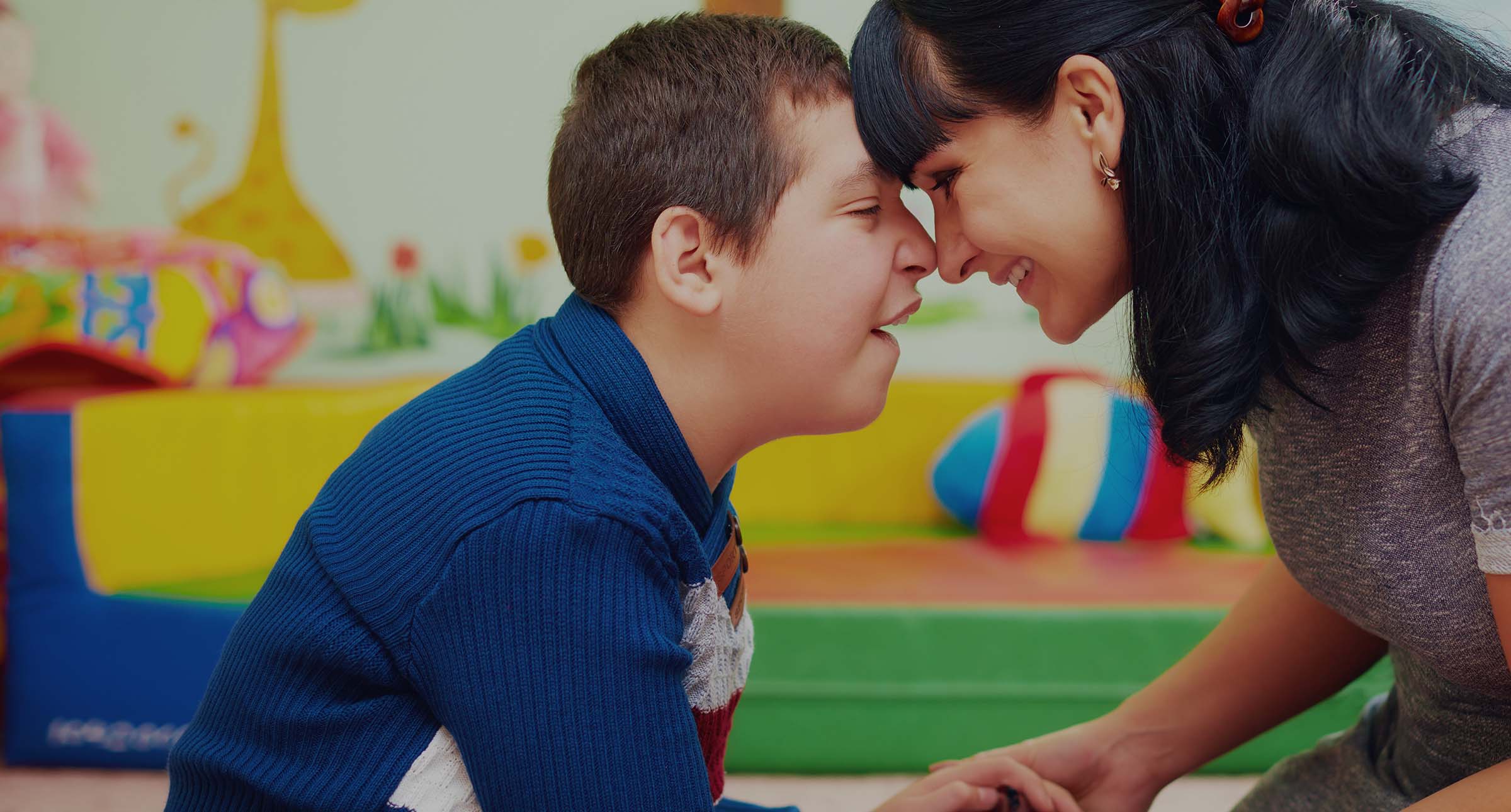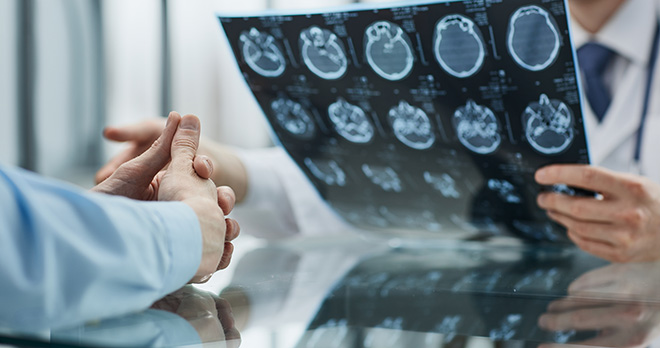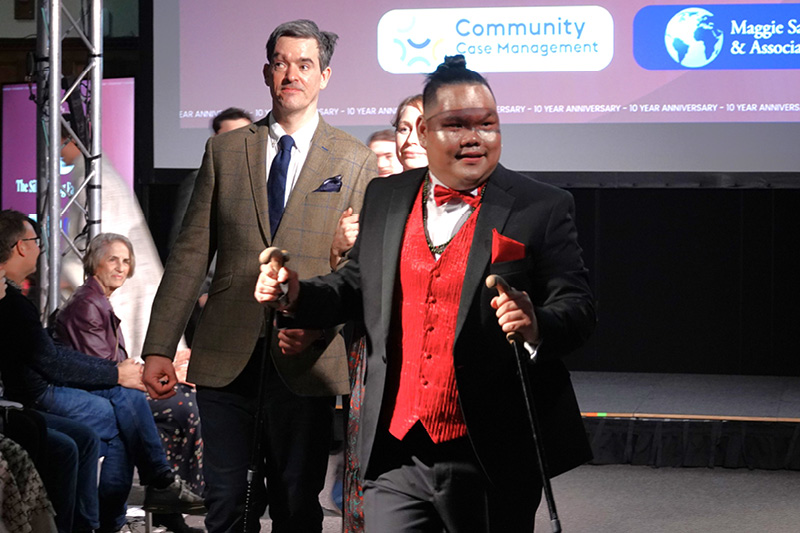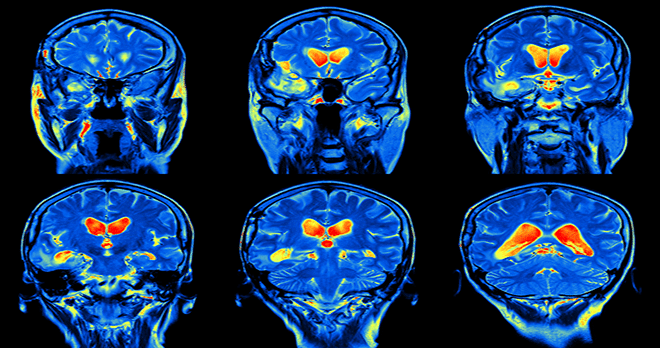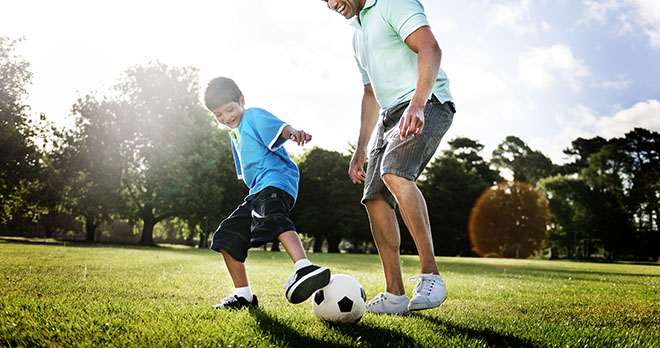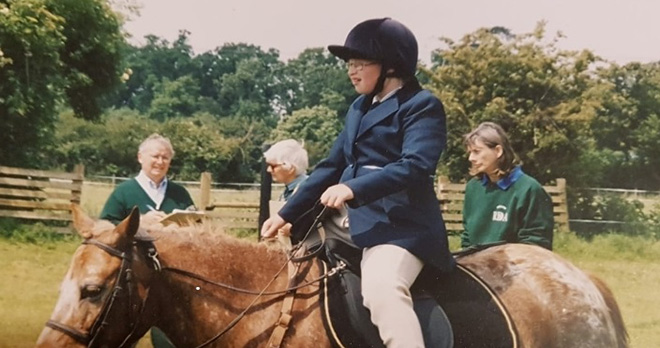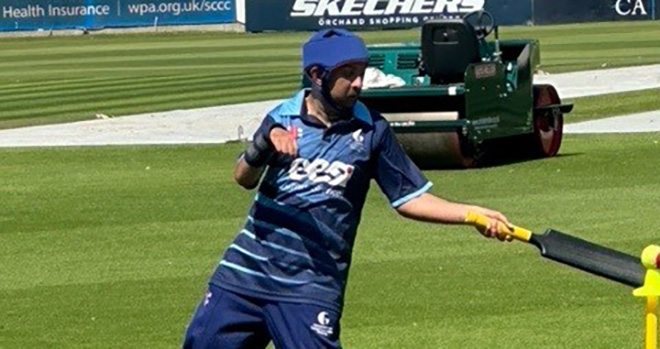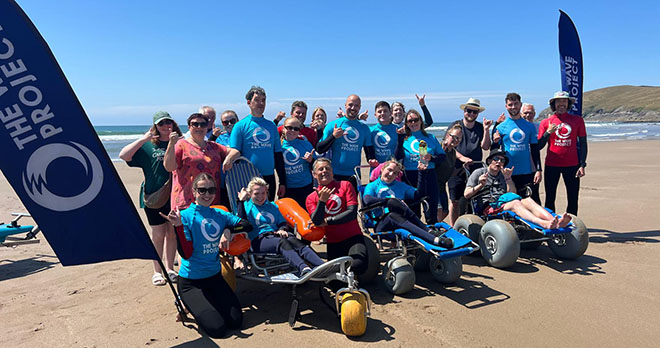Five alternative therapies to help people living with brain injury

With around 50-60 million people across the world suffering a Traumatic brain injury (TBI) each year, it is important to find effective therapies to assist in their recovery and ongoing rehabilitation.
Many traditional therapies are available for people with a TBI. However there are also some lesser-known therapies that have been proven to give incredible results.
Here are five therapies that are used by people with TBI and show many advantages and gains:
How can Animal Assisted Therapy (AAT) help after brain injury?
What is meant by Animal Assisted Therapy?
Animal Assisted Therapy (AAT) is any form of treatment which integrates animals as part of that treatment. It is often used alongside the more traditional types of treatment in neurorehabilitation.
What are the benefits of Animal Assisted Therapy?
There are many benefits to Animal Assisted Therapy, including the increase of physical activity, improved self-esteem, reduction in stress levels, reduction in depression and decrease in blood pressure to name but a few.
AAT covers a very broad area and can be used with horses, donkeys, sheep, goats, miniature pigs, cats, dogs, chickens, rabbits and even guinea pigs!
A study was carried out by the University of Basel in 2019 to explore this emerging field and it was published in Scientific Reports. The study aimed to investigate the effects of Animal Assisted Therapy on social competence in patients with acquired brain injury undergoing neurorehabilitation. It measured social behaviour, mood, treatment motivation and satisfaction of patients and concluded that introducing animals into therapy sessions for patients with acquired brain injury led to an increase in both verbal and non-verbal communication. Patients showed more positive emotions, were more motivated and their satisfaction levels were higher.
As well as assisting in ATT, animals have been proven to assist brain injury sufferers from feeling isolated whilst improving their communication and motor skills in everyday life, as well as improving motivation to do everyday tasks. As animals cannot verbally communicate with us or judge, they make the perfect companions for those with a brain injury as they help to build confidence through interaction without the need to interact with other people.
The two most common types of therapy with animals involves horses and dogs, due to their loyal and forgiving nature. However, there are many more animals now used to assist in therapy, from finding motivation to care for them to providing the unconditional companionship that a brain injury sufferer is looking for.
How does music therapy help with brain injury?
The majority of people enjoy all kinds of music in their daily life. Therefore, it should not come as a surprise that music therapy is highly effective for people suffering with brain injury.
Music therapy has been proven to lift the mood of the participant by the end of the session. Rhythm and music have been proven as tools for increasing motivation, concentration and communication, which are often affected by brain injury. Music therapy is a psychological therapy in which behavioural and emotional difficulties can be explored and worked with.
As well as improving physical, cognitive and social needs, music therapy allows the participant to express themselves in a way that they are unable to in everyday life.
Music relaxes the mind and therefore promotes emotional wellbeing. In many cases it assists with communication which can be affected by brain injury. Singing in particular can be useful in encouraging speech and improve pronunciation. It can also assist with recall of vocabulary.
It is a confidence boost for brain injury sufferers who find that they can express themselves much easier through music when dealing with fatigue, memory and processing problems.
Music also brings people together in many situations which allows them to be part of a group, which would not be possible in any other way
As music touches the majority of people with or without a brain injury, it is easy to try music therapy, whether it be playing or learning an instrument, being part of a choir, or just simply having a quiet one to one session where you can express yourself.
What does art therapy do for the brain?
A range of studies have been carried out that have found that art can contribute to recovery of a brain injury in many ways.
For a brain injury survivor, learning to hold a paintbrush or pencil can assist in the redevelopment of their fine motor skills. Art therapy can assist in expressing feelings and emotions following a brain injury and has been shown to assist in grieving a former life and boosting self-esteem and acceptance of a new life with a brain injury.
This is another form of therapy which allows a brain injury survivor to express their emotions in a non-verbal way, which is often very difficult.
The main benefits of art therapy have been proven to be:
- sharpened fine motor skills and visual perception
- improved concentration and attention
- boosted problem solving skills
- relief from symptoms of depression whilst building social interaction
- improving self-management and self-esteem
- increasing mental flexibility and perseverance
- overcoming emotional barriers.
Do video games help with brain injury?
Gaming therapy has been a developing area in recent years and one that is proven to assist in recovery of physical and cognitive abilities.
Video games engaged several parts of the brain at the same time and can promote neuroplasticity – when new connections are formed within the brain. This can be assisted with video games that require strategic thinking.
Can gaming benefit your brain?
Many studies have been carried out to consider the benefits of video games. Some games can improve executive function such as decision making, problem solving, information processing and attention and concentration.
The best types of games used for gaming therapy have been shown to be virtual reality games, strategy games, puzzle video games, Wii Sports, and music glove (which is a specifically designed game for brain injury patients).
What are the benefits of hydrotherapy for neurological conditions?
Hydrotherapy is proven to assist after brain injury due to often dramatic effect on a person’s balance, gait, strength, and flexibility after injury. It also reduces stress and promotes relaxation, as this type of therapy is more gentle than other types of therapy.
Hydrotherapy takes place in a pool or a body of water with a trained healthcare professional.
What do you do in hydrotherapy?
Hydrotherapy can involve the patient being submerged in the water or floating on the water. The water supports the body weight of the patient allowing the joints a great range of movement.
The water temperature also plays a part in the therapy. It helps with circulation and muscle tone, which when heated to around 85 degrees Celsius assists the muscles and allows them to work from a relaxed state.
Aquatic therapy gives patients increased confidence and increased recovery speed, so is beneficial for patients who are suffered a traumatic brain injury.
Does the NHS do hydrotherapy?
You can be referred for hydrotherapy on the NHS. The referral is usually made by your NHS physiotherapist. To see a NHS physiotherapist you will need a referral from your GP, Consultant or other NHS healthcare provider.
Our solicitors are here to help when you have a claim for compensation following a brain injury.
Call now



